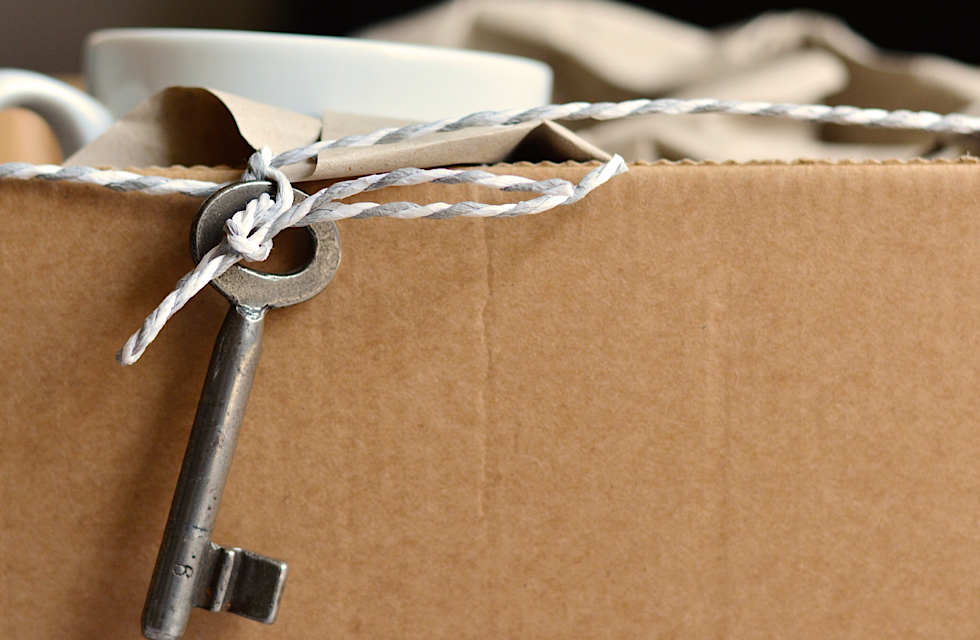Moving is stressful enough on its own — even more so when you’re moving across the country (or even overseas). It’s easy to get flustered and start panicking during a move, and some people may be tempted to push through the process even when they aren’t quite ready.
If you find yourself moving away for college, a new job, or a new start in life, follow these expert-approved tips to help make your cross-country move as stress-free as possible.
Don’t take more than you can fit.
The only time you will realise precisely how many things you have is when you are moving. You will need to consider the vehicle for your cross-country move and the costs you will face if you need more than one trip to have all your belongings moved.
Take the time to filter and take only what you will use and have a need for. This will be essential, especially if you are downsizing. The rest consider selling, donating or even, depending on the condition throwing out.
Declutter
Have you got a lot of stuff? A typical cross-country move will cost you more when you have more belongings. You can get rid of items by donating them to charity, giving them to friends and family members, or selling them online. The more things you give away or get rid of, the less your move will cost.
Make a moving checklist
For moves of all sizes and distances, a checklist is always helpful. It will make packing and keeping track of your belongings a smooth, organised process. No matter the distance, there will be many tasks waiting for you. These jobs can be so overwhelming that it is easy to find yourself confused about where to start. The order in which you complete each task is essential, as it will affect your ability to complete the rest of them. Make a checklist for yourself with all the personalised and prioritised move-related tasks, and fill in what you need to do. Especially when moving your entire life to a new place, you will want to have everything neatly noted down.
Find the right moving company
Find a licensed and insured moving company. When you move cross-country, the last thing you want to do is hire a rogue mover. Fortunately, it’s easy to spot them if you know what to look for. Rogue movers will provide low quotes that look way too good. Ask the moving company on which you have settled for licences and proof of insurance. Moving companies should be able to provide you with this documentation.
Packing
If you decide to pack yourself, it would be a great start to find packing cardboard boxes. Collect old boxes from your workplace or by asking friends and neighbours. You can visit the nearest store. They should have more than enough boxes from the arrived goods.
You will need packing tape, scissors, markers, sticky labels, bubble wrap, and wrapping paper. Avoid using old newspapers. They can leave ink stains on your items. Use them only as padding.
Label the room on the boxes! This is a crucial step to help your movers to unload the right boxes in the fitting room. If you have some boxes that you want to be unpacked first, label them separately, so your movers know which ones they need to focus on. In addition, if you write a list with the items inside each box and stick it on the side of every box, it can be easier for them to identify what is there.
A general rule is always to start packing the things you need the least first. Pack room by room and don’t start with the next room before finishing the first. After finishing packing your rooms, sort the boxes by size. This will make loading them on moving day a lot easier. Pile lighter boxes on heavier packages and keep the weight per box under 45 pounds (20 kg). The movers should pack fragile items for safety. Label the room on the boxes! This is a pivotal step to help your movers to unload the right boxes in the fitting room.
If you have a pet, consider their moving needs too.
Document the condition of your belongings
When moving, be sure to take photos of all your items to document the condition that they’re in at the start of the move. This will help file a claim and seek compensation for any items that break or become damaged during the move.
Always double check
Long distance moves often times make going back for a forgotten item quite complicated. Unlike when moving down the block, when moving to another town or even country, you may not have the option to return to your address due to variable circumstances. Leave a day after moving day to perform a final check of your property before leaving for your new place. It will be a lot easier to spot any small items in an empty property rather than in a room full of boxes and bubble-wrapped furniture.
Check for opportunities upfront
It may seem like the logical thing to do, but it is often neglected. Checking upfront what job opportunities the area you are moving to offers will save you a lot of hardships and inconveniences. Also, it’s worth checking with your current employer if they will agree to keep your job on a remote contract.
Rent a storage unit for bigger belongings
Many long-distance movers consider storing their belongings until they fully settle in the new place. Especially if you don’t know what to expect from the new home, it’s a good idea to move with only the essentials and leave everything extra in a rented storage unit for later. When you move into the new location and make sure this is where you’re going to stay, you can order the moving of your stored belongings. Storage options can also help if you have a lot of extra furniture you don’t plan on moving. Storing everything until you decide to sell, donate or throw away is a viable option.
Don’t be afraid to explore
It can be a little complicated when you first move to a new town far from home. Give yourself time to settle down, unpack and most importantly, relax. Once you feel ready, however, make it a little daily challenge to explore your new home. Go out to events, visit local landmarks, and even walk to your grocery store using a different route every time. This will help you feel comfortable, discover exciting spots, and be more aware of your new surroundings.


















